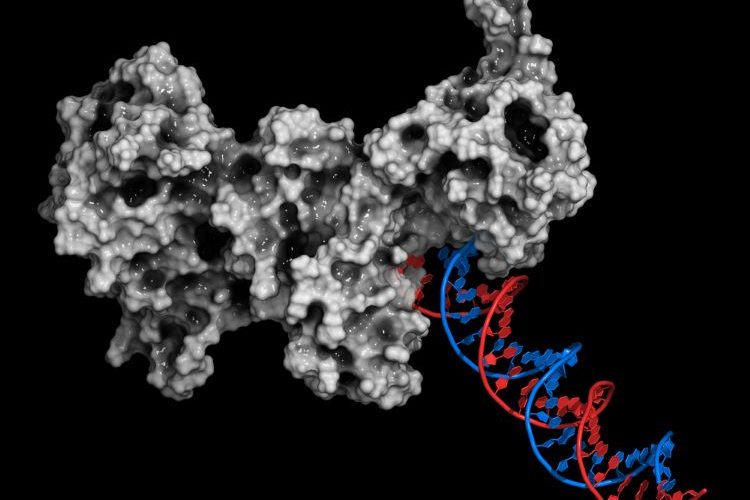NICE guidance recommends olaparib for breast and prostate cancers
Posted: 6 April 2023 | Catherine Eckford (European Pharmaceutical Review) | No comments yet
PARP inhibitor olaparib has been recommended in NICE’s final draft guidance for early breast cancer and advanced prostate cancer.


A “groundbreaking deal” between AstraZeneca and NHS England has enabled the National Institute for Health and Care Excellence (NICE) to recommend olaparib for adults with early breast cancer and metastatic prostate cancer in final draft guidance.
For breast cancer patients, the treatment is approved for those who have inherited faults in their BRCA1 or BRCA2 genes, after surgery and chemotherapy and are HER2-negative and at high-risk.
In adults with previously treated hormone-relapsed metastatic prostate cancer, olaparib is recommend for those with the same BRCA mutations.
Olaparib
Olaparib is a targeted medicine called a poly adenosine diphosphate-ribose polymerase (PARP) inhibitor. PARP is an enzyme that helps cells repair damaged DNA. By blocking this enzyme, PARP inhibitors prevent the DNA of cancer cells being repaired, preventing them from growing and spreading while leaving healthy cells much less affected, NICE stated. Olaparib is dosed via tablet.
NICE final draft guidance
NICE’s decision to recommend olaparib reverses its earlier draft decision not to recommend the treatment to adults given chemotherapy before or following surgery. Additionally, this means NICE has now made positive recommendations in all 19 of its appraisals of breast cancer treatments since 2016. Following this recommendation, 300 BRCA-positive HER2-negative high-risk early breast cancer patients will now be eligible to be treated with olaparib.
This announcement also updates NICE’s recommendation for olaparib for people with prostate cancer who have BRCA1 or BRCA2 mutations and the disease has spread after previous therapies. Around 500 adults with this advanced stage of the disease will now be eligible for treatment with olaparib.
“For adults with this type of early breast cancer, being able to have a targeted treatment after surgery and chemotherapy will increase the chance of curing the disease and reduce the likelihood of developing incurable advanced disease,” explained Helen Knight, Director of Medicines Evaluation at NICE.
“For adults with advanced prostate cancer it can also mean delaying chemotherapy and its associated side effects,” she added.
NICE anticipates the final guidance on olaparib for breast cancer and prostate cancer will published in May 2023.
Related organisations
AstraZeneca, National Institute for Health and Care Excellence (NICE), NHS England




